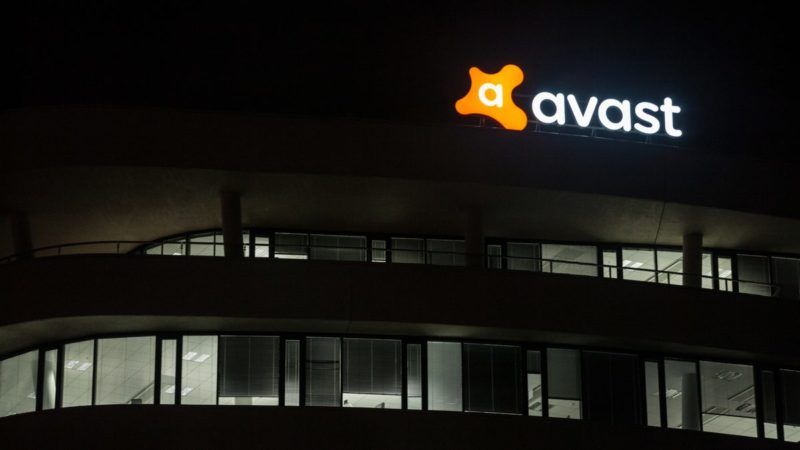Avast announced today that they will shut down and liquidate Jumpshot, through which the antivirus manufacturer sold data of hundreds of millions of customers. This will lead to a reduction in hundreds of jobs, but Avast promises to “smooth out the consequences of this decision.”
Avast users will see no change
Jumpshot will complete its duties and required payments to its customers. The company will also notify its customers of the termination of data services in a timely manner.
The closure of Jumpshot will not affect other Avast products, and users will not see any changes according to Avast.
They still insist on everything was according to the book
Avast officials say that Jumpshot acted “strictly within the law” and in accordance with the General Data Protection Regulation (GDPR), but experts and customers are still confused by the fact that they sold their data to third parties without any open consent.
Avast shares fell 9% after the announcement, making the company’s losses at around 25%.
What happened at Jumpshot?
Through PCMag and Motherboard’s investigations, the scandal arose just a couple days ago. The findings showed that Avast collected large amounts of data, including browser histories, information about the videos viewed on YouTube, the location of users at any given time, and a full history of clicks. For “buyers” of this data it was possible to acquire information about user clicks on various sites.
Which companies bought user data from 100 million devices?
The following companies are among those who bought Avast customer data: Google, Yelp, Microsoft, McKinsey, PepsiCo, Sephora, Home Depot, Conde Nast, and Intuit. The total number of companies are approximately 150.
The reporters claimed that Avast earned millions of dollars through collaboration with these and other companies. For example, Omnicom paid Avast $2.07 million for access to part of this data in 2019.
Avast claims that Jumpshot does not receive “personal identification information, including a username, email address or contact information,” and customers can always refuse to provide their information.
Jumpshot offers its customers access to user traffic from 100 million devices, including computers and phones. Thus, the company’s customers (from big brands to online stores) could analyze what users buy and where.





